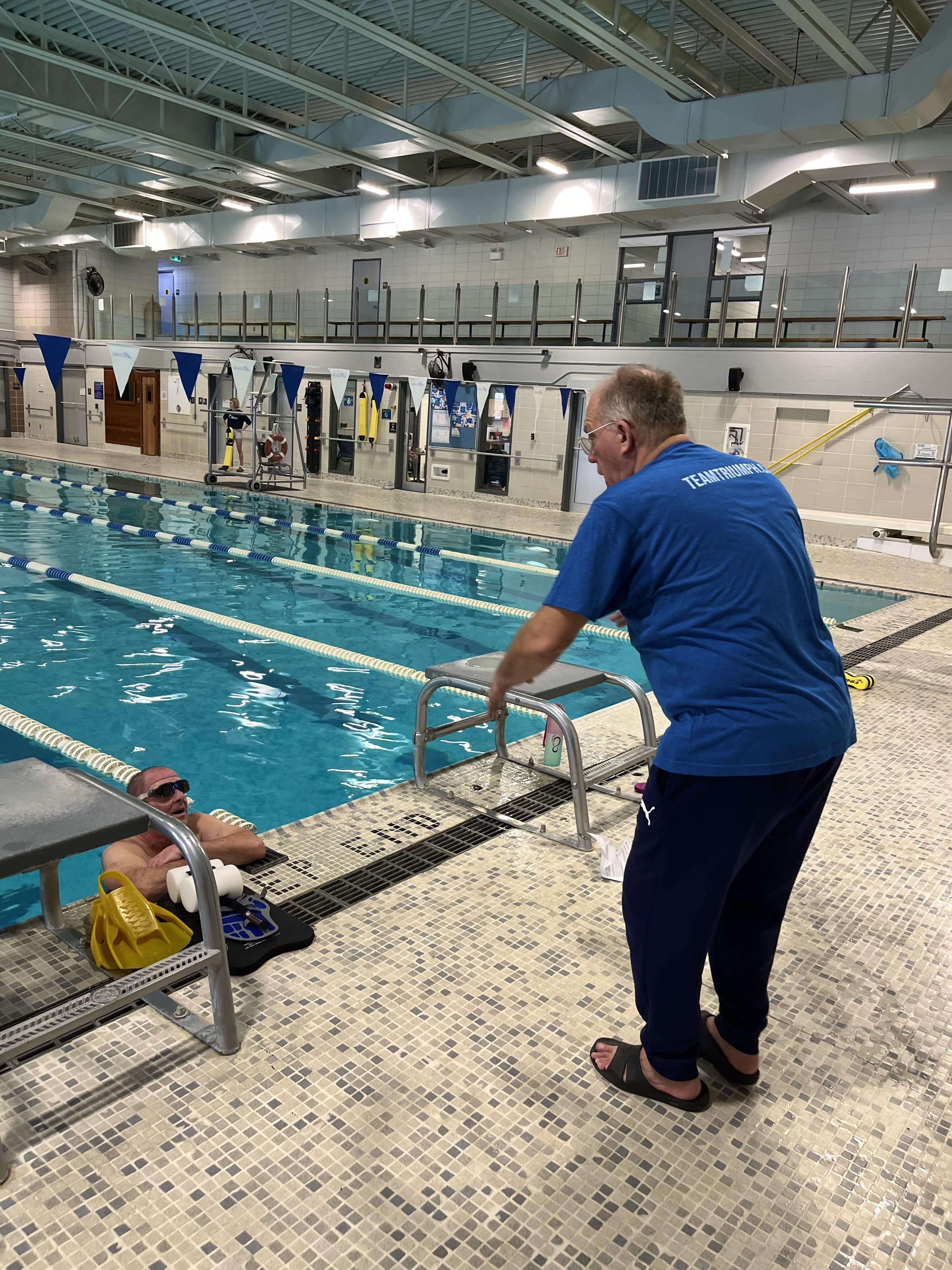
A successful triathlon requires more than just physical preparation; it demands a well-thought-out race plan. Whether you're gearing up for your first race or aiming for a new personal best, a detailed race plan can help you execute your race with confidence and achieve your desired outcome. Here’s how to create an effective race plan and why it’s essential for triathlon success.
A race plan acts as a roadmap for your triathlon journey, guiding you through each segment of the race. It helps you:
Stay Focused: With a clear plan, you can focus on executing each part of the race rather than making decisions on the fly.
Manage Energy: Proper pacing and nutrition strategies ensure you don’t burn out before the finish line.
Reduce Anxiety: Knowing what to expect and having a plan to tackle challenges can reduce race-day nerves.
Adapt to Conditions: A well-prepared plan allows for adjustments based on weather, course layout, and unexpected events.
Achieve Goals: By setting realistic goals and planning how to achieve them, you increase your chances of success.
Set Clear Goals
Define what you want to achieve. Whether it's finishing the race, setting a personal best, or qualifying for another event, your goals will shape your race plan.
Know the Course
Study the race course in detail. Understand the swim, bike, and run segments, including elevation changes, road surfaces, and any technical sections. Note the locations of aid stations, transitions, and potential trouble spots.
Develop a Pacing Strategy
Pacing is critical to prevent early burnout. Break down your race into segments:
Swim: Determine your target effort level or pace based on your training times. Plan your positioning at the start to avoid congestion and find your rhythm early.
Bike: Set a goal power output or heart rate zone to maintain a steady pace. Consider terrain variations and plan to adjust your effort accordingly.
Run: Start conservatively to save energy for the latter stages. Have a target pace or heart rate for each kilometre.
Plan Your Nutrition and Hydration
Nutrition and hydration are crucial for maintaining energy levels:
Pre-Race: Eat a balanced meal rich in carbohydrates the night before and a carb rich, low fibre breakfast on race morning.
During the Race: Plan when and what you will eat and drink. Use sports drinks, energy gels, and solid foods as needed. Practice your nutrition strategy during training to avoid gastrointestinal issues.
Prepare Your Gear
List all the gear you need for each segment of the race:
Swim: Wetsuit, goggles, swim cap.
Bike: Bike, helmet, shoes, race belt, spare tube, tire levers, CO2 inflator, hydration, nutrition.
Run: Running shoes, hat, sunglasses, race bib, hydration.
Lay out your gear the night before and double-check everything to avoid last-minute stress.
Visualize the Race
Mentally rehearse each segment of the race. Visualize yourself staying calm, executing your plan, and overcoming challenges. This mental preparation can boost your confidence and readiness.
Have a Contingency Plan
Be prepared for the unexpected. Plan how you will handle potential issues like flat tires, cramps, or adverse weather conditions. Having a backup plan can keep you composed under pressure.
On race day, follow these steps to execute your plan:
Stay Calm and Focused: Trust your training and your plan. Stay relaxed and avoid the temptation to go out too fast.
Monitor Your Effort: Use your heart rate monitor, power meter, or perceived effort to stick to your pacing strategy.
Stick to Your Nutrition Plan: Follow your planned intake of fluids and nutrition, even if you don't feel thirsty or hungry initially.
Adapt as Needed: Be flexible and adjust your plan based on real-time conditions. If it’s hotter than expected, increase your hydration; if you're feeling strong, you might slightly increase your pace.
Stay Positive: Maintain a positive mindset throughout the race. Focus on your progress and celebrate small milestones along the way.
After the race, take time to reflect on your performance. Analyze what worked well and what could be improved. Use this reflection to refine your race plan for future events.
Creating and executing a detailed race plan is a crucial step toward achieving your triathlon goals. By setting clear objectives, understanding the course, developing a pacing strategy, planning your nutrition, preparing your gear, and visualizing the race, you can approach race day with confidence. Remember, flexibility and a positive mindset are key to adapting to the challenges that arise. With a solid plan in place, you’ll be well-equipped to cross the finish line and achieve your desired outcome.
Here’s to your triathlon success! 🏊♀️🚴♂️🏃♀️
Julia Aimers
CSEP Clinical Exercise Physiologist
CSEP High-Performance Specialist
Certified Triathlon, Cycling, Yoga and Swimming Coach
USA Cycling Level 2 Coach
Training Peaks Accredited Coach

I would highly recommended Eric and Team Triumph!
Ian Ross

A year ago I could only tread water and had not run since childhood. With the amazing Virtual Olympic course, support, guidance, and tips from of all the folks at Team Triumph I've ended the season with my first Olympic distance triathlon under my belt and am hooked! Really looking forward to the 2025 season and even to the hard work over the winter to prepare. Karen Houle

I wanted to let you know that the Perth triathlon was a great experience, I somehow placed third in my age group! What a supportive group of participants (including Team Triumph athletes), cheering bystanders and volunteers.
Thanks to your swim lessons, I learned the technical basics and gained confidence to get back in the pool after decades. And it was really special doing this with Ann Laidlaw, my bestie for many years. We did a couple of additional swims with Kevin and Team Triumph people, also a great way to continue learning and practicing good technical form.
I will continue with lane swimming and who knows, maybe there's another triathlon in my future!